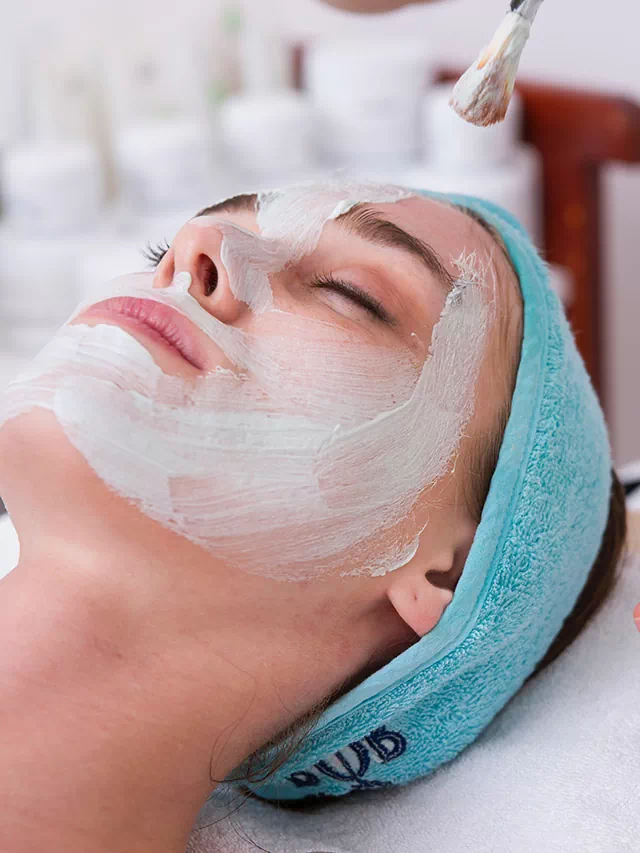Healthy skin is an important aspect of overall health and well-being, and there are steps you can take to improve the health and appearance of your skin. In this article, we will share with you some tips and strategies for achieving healthier, radiant skin. From following a consistent skincare routine to incorporating nourishing foods into your diet, these simple steps can help you achieve the healthy, glowing skin you desire. Let’s get started!
Follow a consistent skincare routine
Following a consistent skincare routine is an important part of maintaining healthy skin. A skincare routine typically includes a combination of cleansing, toning, moisturizing, and exfoliating. The specific products and steps included in a skincare routine can vary depending on an individual’s skin type and concerns.
Drink plenty of water
Staying hydrated is important for maintaining healthy skin. Water helps to hydrate the skin and maintain its elasticity, which can help to prevent dryness and flakiness. Adequate hydration can also help to flush toxins out of the body, which may help to improve the appearance of the skin. In general, it’s recommended to drink at least 8-8 ounces of water per day to maintain proper hydration. However, the exact amount of water an individual needs can vary depending on factors such as their age, gender, weight, and activity level..
Get enough sleep
Getting enough sleep is an important part of maintaining healthy skin. During sleep, the body goes through a process of repair and rejuvenation, which can help to improve the appearance of the skin. Adequate sleep can help to reduce the appearance of dark circles under the eyes, reduce inflammation, and give the skin a healthy, radiant appearance.
Lack of sleep, on the other hand, can contribute to skin problems such as acne, dryness, and fine lines and wrinkles. It can also worsen the appearance of existing skin conditions, such as eczema or rosacea.
Eat a healthy diet
Incorporating foods that are rich in antioxidants, healthy fats, and vitamins and minerals can help improve the appearance and overall health of your skin. Some examples include avocado, nuts, and leafy green vegetables.
Use sunscreen
It helps to protect the skin from the harmful effects of ultraviolet (UV) radiation from the sun. UV radiation can cause skin damage, including sunburn, premature aging, and skin cancer.
When selecting a sunscreen, it’s important to choose a product that is broad-spectrum, which means it protects against both UVA and UVB rays. It’s also important to choose a product with an SPF (sun protection factor) of at least 30. The SPF rating indicates the level of protection the sunscreen provides against UVB rays. A higher SPF provides more protection, but it’s important to note that no sunscreen can provide 100% protection.
Reduce stress
High levels of stress can lead to an increase in acne and other skin conditions. Try to reduce stress through activities such as yoga, meditation, or exercise.
Avoid picking at your skin
Picking at your skin can lead to scarring and inflammation. Try to resist the urge to pick at blemishes and let them heal on their own.
By following these tips, you can help improve the health and appearance of your skin. It’s important to remember that maintaining healthy skin is a long-term process and consistent care is key.
Maintaining healthy skin involves following a consistent skincare routine, drinking plenty of water, getting enough sleep, using sunscreen, and eating a well-balanced diet. By taking care of your skin in these ways, you can help to improve its health and appearance. Remember to choose skincare products that are appropriate for your skin type and any specific concerns you may have, and to speak with a healthcare provider or dermatologist if you have any specific concerns about your skin. By following these tips, you can help to keep your skin looking its best and protect it from potential damage.




